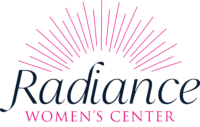Kenza, her head erupting in thousands of dark ringlets, sat on the edge of the exam table. With her petite frame dressed in a fitted blazer, tailored pants and Tory Burch flats she looked much younger than the 43 years her chart suggested.
“I’m getting married and I want to stop my birth control so we can have a baby,” she beamed.
I smiled back slowly debating where to start.
Whether it be for career development, financial considerations or waiting to leave ‘Mr. Right-now’ so that they can meet ‘Mr. Right’, many women are delaying childbearing. In fact, birth rates for American women are the lowest they have been in more than three decades and only women in their 40s have been consistently having more babies. With the increase in women in their 40s having babies, also comes an increase in women seeking treatment for infertility.
“Let’s freeze your eggs,” is what I wish I could have suggested to ‘ten-year-younger’ Kenza. So, since I can’t talk to ‘ten-year-younger’ Kenza, this is a public service announcement for the ladies in their 20s and 30s, who “aren’t quite ready to have kids yet” or “aren’t certain” if they want children.
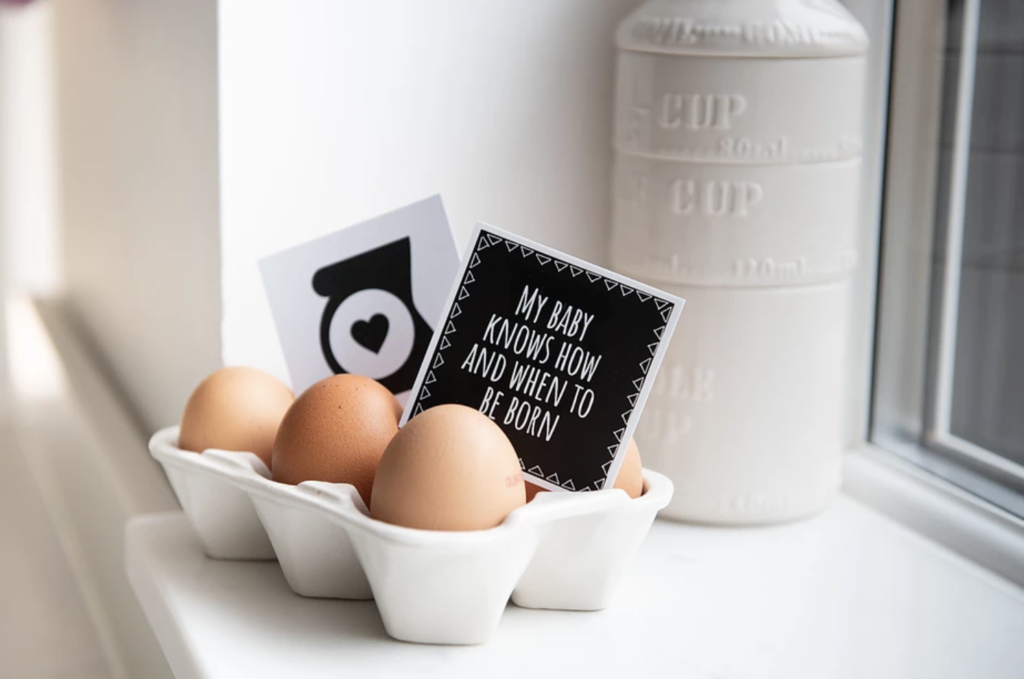
1. Egg freezing isn’t an insurance policy, but it is a good back-up plan
Just as you pay for car insurance and homeowner’s insurance, many people consider egg freezing to be an insurance policy – something you hope you’ll never need, but if you do it’s nice to have. And while this is true, freezing your eggs does not guarantee you will have a biological baby.
The younger you are when you freeze your eggs and the more eggs you freeze, the better your chances to become pregnant. Women under 35 years old are typically able to freeze between 10 and 20 eggs in a single cycle giving them a 70-90% chance of a live birth later on.
It is known that many women who freeze their eggs will never need them. However, if you end up being one of the many women struggling with fertility because of delaying childbirth, it is nice to have the option to use your own eggs for fertility treatments.
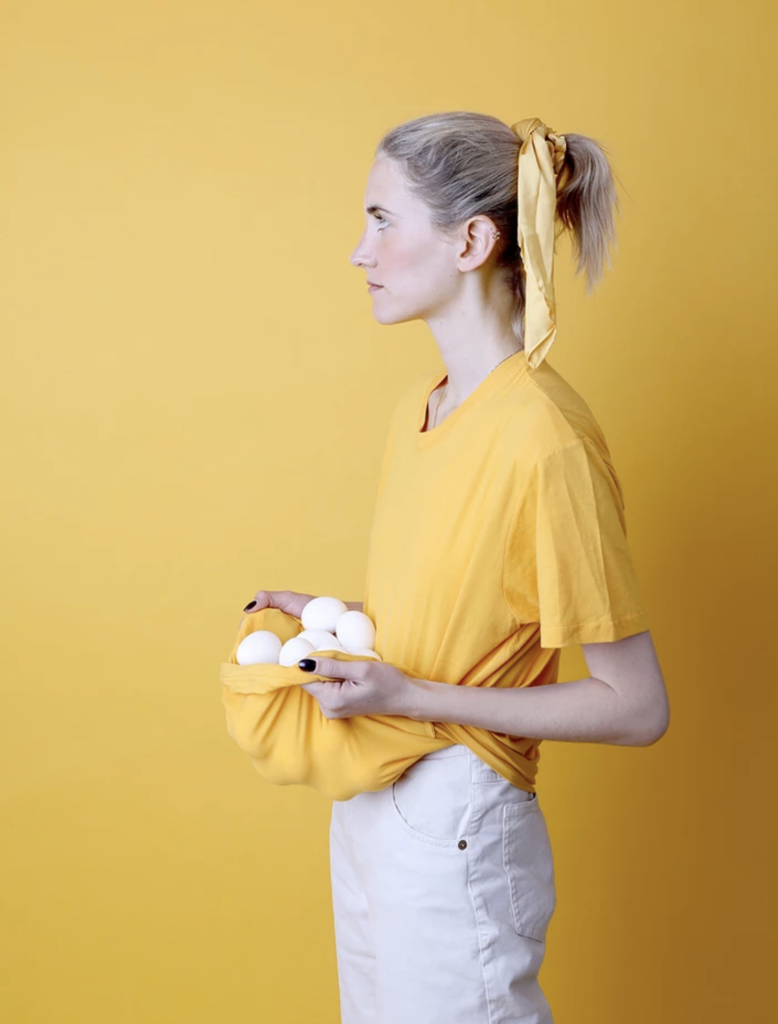
2. If you want to freeze your eggs, plan to do it by age 37
While there is no “magic age” to freeze your eggs, we do know that the earlier you do it the better your chances are later to have a baby. If every woman in their 20s froze their eggs, unfortunately most of these eggs would never get used and lots of money would be lost. However, many women in their 40s who feel their biological clock ticking and seek egg freezing may also find themselves wasting their money as the quality of our eggs in our 40s make having a baby less likely.
A study was done to find at what age did freezing your eggs have the biggest benefit and it was noted that women who froze their eggs at 37 years old had the most benefit. Although the quality of your eggs and therefore the likelihood to have a baby from these eggs will be better in your 20s, the chances you will never need the eggs and therefore the likelihood you are wasting your money is also high. By a women’s mid-30s, however, the chances of needing the eggs in the future have increased enough that egg freezing has more benefit.
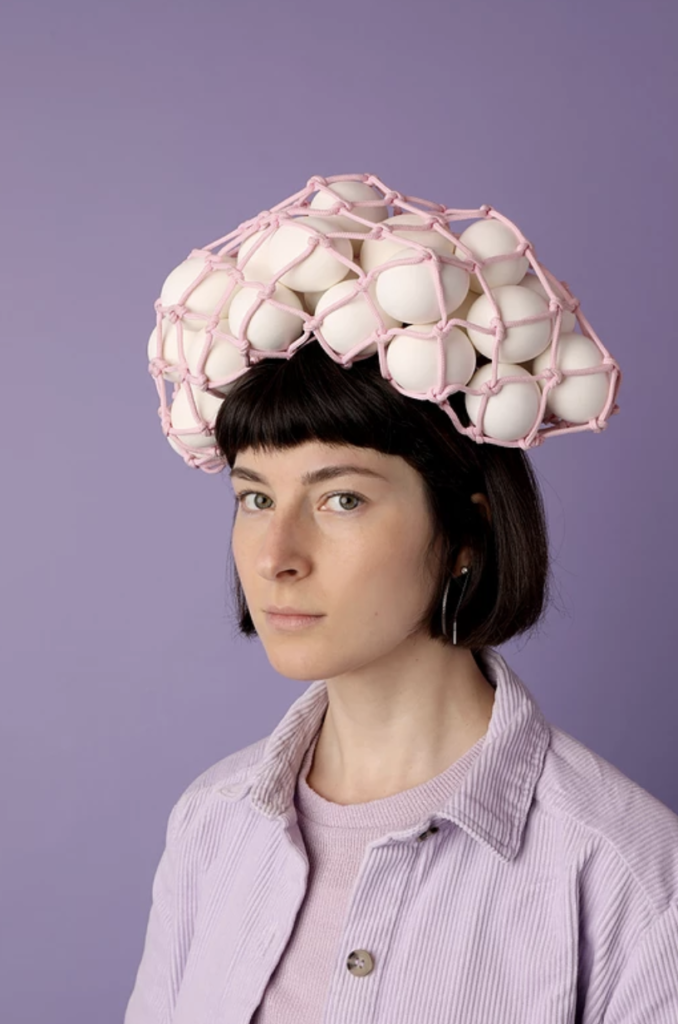
3. Egg freezing is expensive, but it doesn’t have to be cost-prohibitive
On average, one cycle of egg freezing costs about $10,000. Money that could easily go toward the purchase of a car, house or paying off student loan debt. However, there are ways to save on egg freezing. Some health insurance plans and some employers (think Google, Facebook and Apple) will cover at least part of egg freezing. Additionally, infertility offices and pharmacies can vary drastically on prices. Lastly, some clinics offer payment plans where you can pay as little as $150 per month. Before you decide against freezing your eggs because of the cost, be sure to shop around.
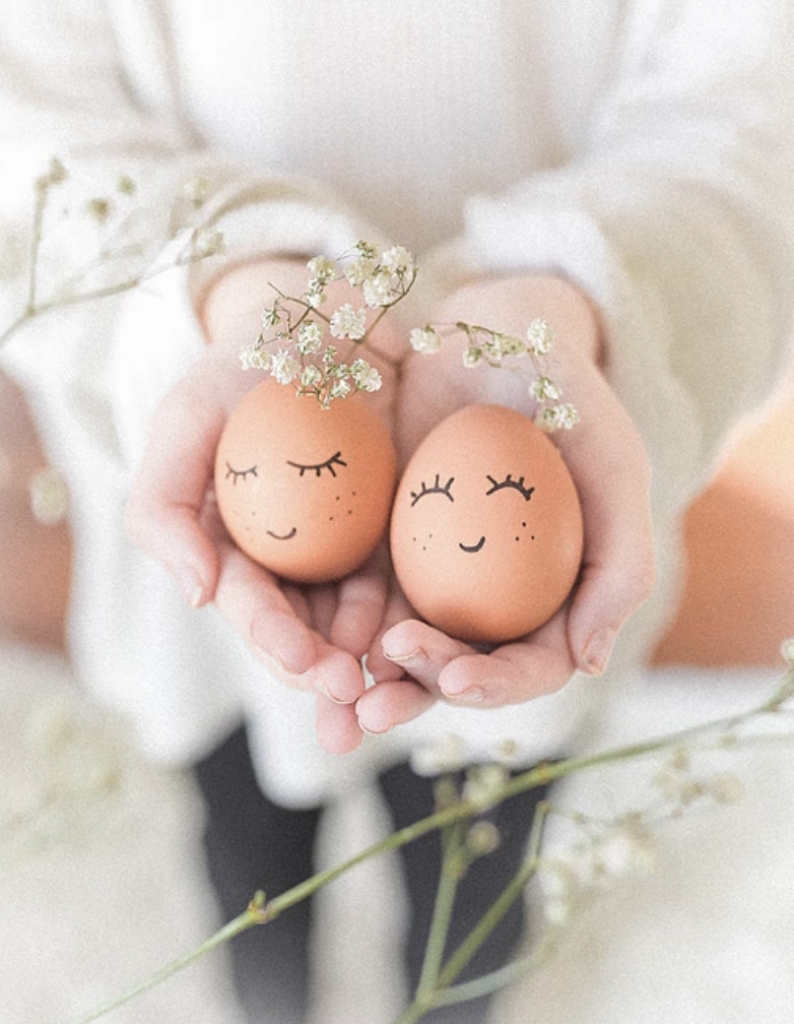
4. Egg freezing doesn’t affect the health of the baby
I remember talking to my own 85-year-old grandmother about freezing my eggs and the first thing she told me with her long, southern drawl was “that baby gone come here scrambled!” Studies have shown that babies born from frozen eggs have no greater risk for abnormalities than babies born through IVF using fresh eggs.
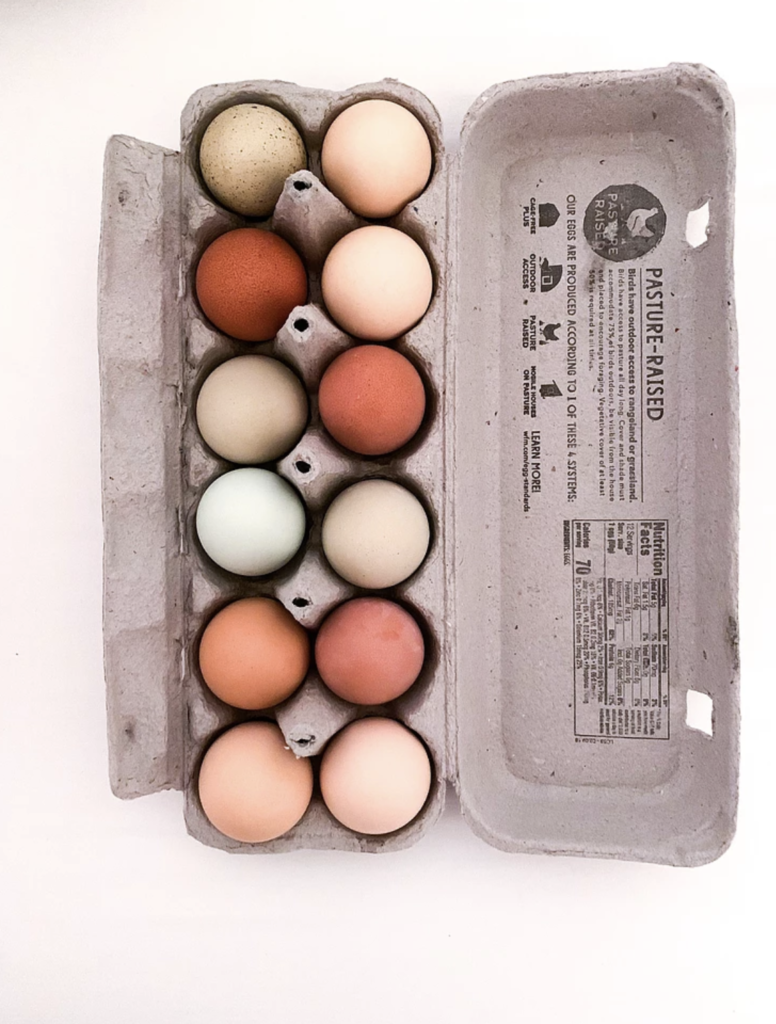
5. Don’t feel like you have to conform to societal norms
Sure, our mothers and grandmothers were made to feel that they had to be married before having children. But many of them didn’t make the same career decisions women today are making. If your desire is to be married before having children, then by all means do so. However, know there are other options. I know single women who have adopted children and other single women who have used IVF to have their own biological children; just as I know married women who had children before they got married and others who have waited to have children and used donor eggs.
We are fortunate enough to be alive in 2020, where there are many paths to motherhood. So, if you want motherhood to be a part of your journey know there are many options to get there with egg freezing being just one of them!
Identities have been changed.
